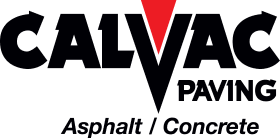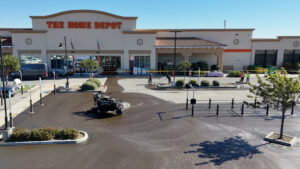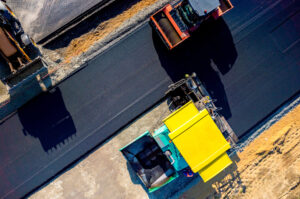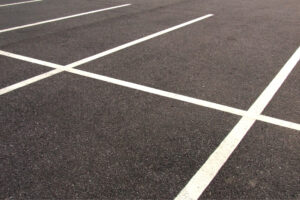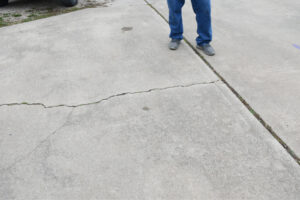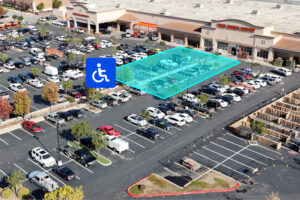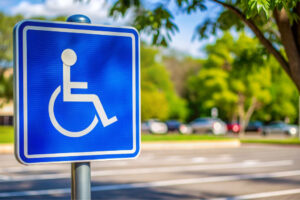See our work on social media:
Asphalt: The Most Recycled Material In America!
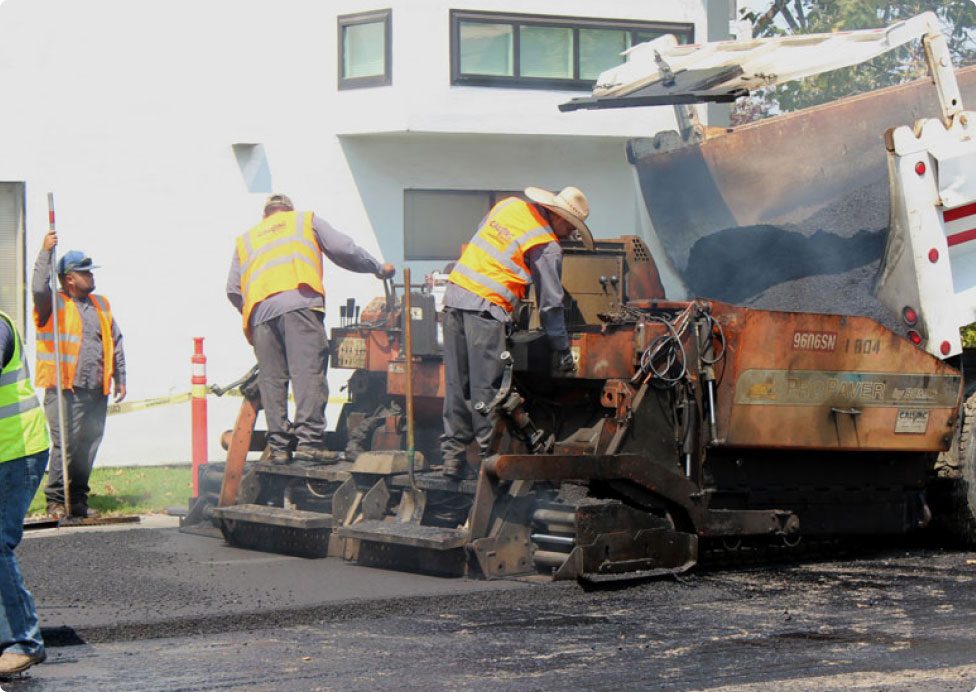
Recycling is important for our ongoing quality of life. It allows us to reclaim and reuse materials that would otherwise go to waste, clogging up landfills and contaminating our oceans. When most people think of recycling, they may think of cans, bottles, paper or even old computers. But surprisingly, the most recycled material in America is literally right under our feet: asphalt!
Unlike many recyclables, which may have limitations on specific types that can be recycled, any asphalt pavement can be 100% recycled. The American Asphalt Association recently released 2016 data which stated about 79 million tons of asphalt was reclaimed and reused in roadway mix designs and other activities, such as reprocessing into a recycled aggregate base course for use beneath the roadways themselves. In addition, nearly 1.8 million tons of waste and byproduct material from other industries were incorporated into asphaltic concrete mix designs in 2016.
We’ve previously discussed the possible use of plastic bottles and even cigarette butts as elements of asphalt designs which are being explored. By reclaiming these materials into asphalt, it increases their recyclability as part of the mix and helps reduce their impact in landfills. The APA says recycling asphalt saves an estimated 14,664 Olympic-sized swimming pools’ worth of landfill space each year. By adding other recyclable and waste materials to asphalt, this impact will only become greater in years to come.
Recycling asphalt isn’t just good for saving landfill space. It also reduces the environmental impact of quarrying and processing the aggregates and bituminous binders used in the asphalt production process.
Asphalt can be recycled in a number of ways. One of the most popular, and the way which reclaims 100% of the asphalt involved, is to pass chunks of asphalt through a special recycling assembly which raises the temperature to 300℉. Once the asphalt has been processed using this method, it can be laid down on roadways using existing paving technologies and techniques. In this form, it is known as Recycled Asphalt Pavement or RAP.
Another method of asphalt recycling involves crushing asphalt at a hot mix plant and using the resulting RAP as an additive for “virgin” hot mix. This type of recycling allows for over 30% of the final product to consist of recycled asphalt. By comparison, some brands of paper cups may use only 10-25% post-consumer content, highlighting the recyclable nature of asphalt.
A third way which also reclaims 100% asphalt is to crush the asphalt down into gradations suitable for road base. Rutgers University conducted a study in which RAP was compared to conventional aggregate subbase for use in roadways. The study showed the RAP had more elasticity and stiffness (are you sure they said this, seems contradictory) than the aggregate subbase when the two materials were laid using identical placement methodology. This means RAP is actually stronger, more resilient and better for the environment than regular aggregate road base while delivering comparable performance as a base material.
If the environmental benefits aren’t impressive enough, consider the potential savings for recycling. That’s right, recycling asphalt costs less than new paving! One estimate places potential savings at a national average of around 55%, or between 30-80%, over virgin hot mix.
It’s up to all of us to do our part to make our world a better, cleaner and healthier place, from the global level to our own homes. At Calvac Paving, we are always on the lookout for ways to perform our work more efficiently and cost-effectively while also remaining environmentally responsible. This means keeping a close watch on new technologies, methods and California State standards which would allow us to deliver comparable or superior results with less environmental impact and greater ROI for our clients. To learn more about Calvac Paving’s commitment to the environment, or to put the four decades of experience we’ve accrued to work for you, please contact us at (408) 225-7700 or www.calvacpaving.com
Company
Services
Contact us
© 2025 All Rights Reserved.
